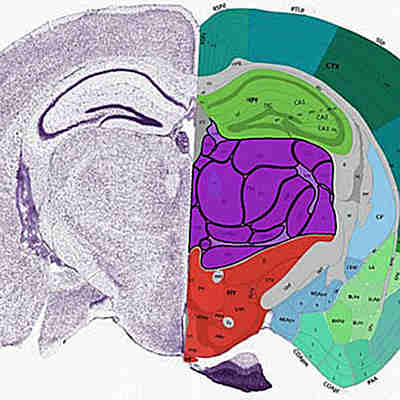October 3, 2022 -- Why are “SuperAgers” resistant to developing Alzheimer’s disease? And why do they have such good memories? A study from Northwestern Medicine answers those questions: it’s genetic.
SuperAgers are people who are ages 80 and older that have a memory at least as good as individuals 20 to 30 years their junior. These individuals also have the ability to stave off Alzheimer's disease. Using autopsies, the research team learned neurons in the entorhinal cortex were significantly larger in SuperAgers compared with their peers (Journal of Neuroscience, September 30, 2022).
Also, because the neurons were larger even in their younger peers, the researchers concluded the large cells were present from birth and are maintained structurally throughout SuperAgers' lives. Another key finding is these larger neurons were devoid of tau tangles, the hallmark of Alzheimer's disease.
The scientists examined six SuperAger brains, seven cognitively average elderly individuals' brains, six young individuals' brains, and five individuals' brains with early stages of Alzheimer's. They measured the presence of tau tangles and the size of neurons in layer II of the entorhinal cortex, which receives information from other memory centers and is a specific and crucial hub along the brain's memory circuit.
The researchers found that neuronal atrophy in the entorhinal cortex appears to be a characteristic marker of Alzheimer's disease and this process is a function of tau tangle formation in the affected cells that leads to poor memory.
More studies are needed to understand how and why neuronal integrity is preserved in SuperAgers and specifically the differences in cell environment, according to the researchers.
Copyright © 2022 scienceboard.net










